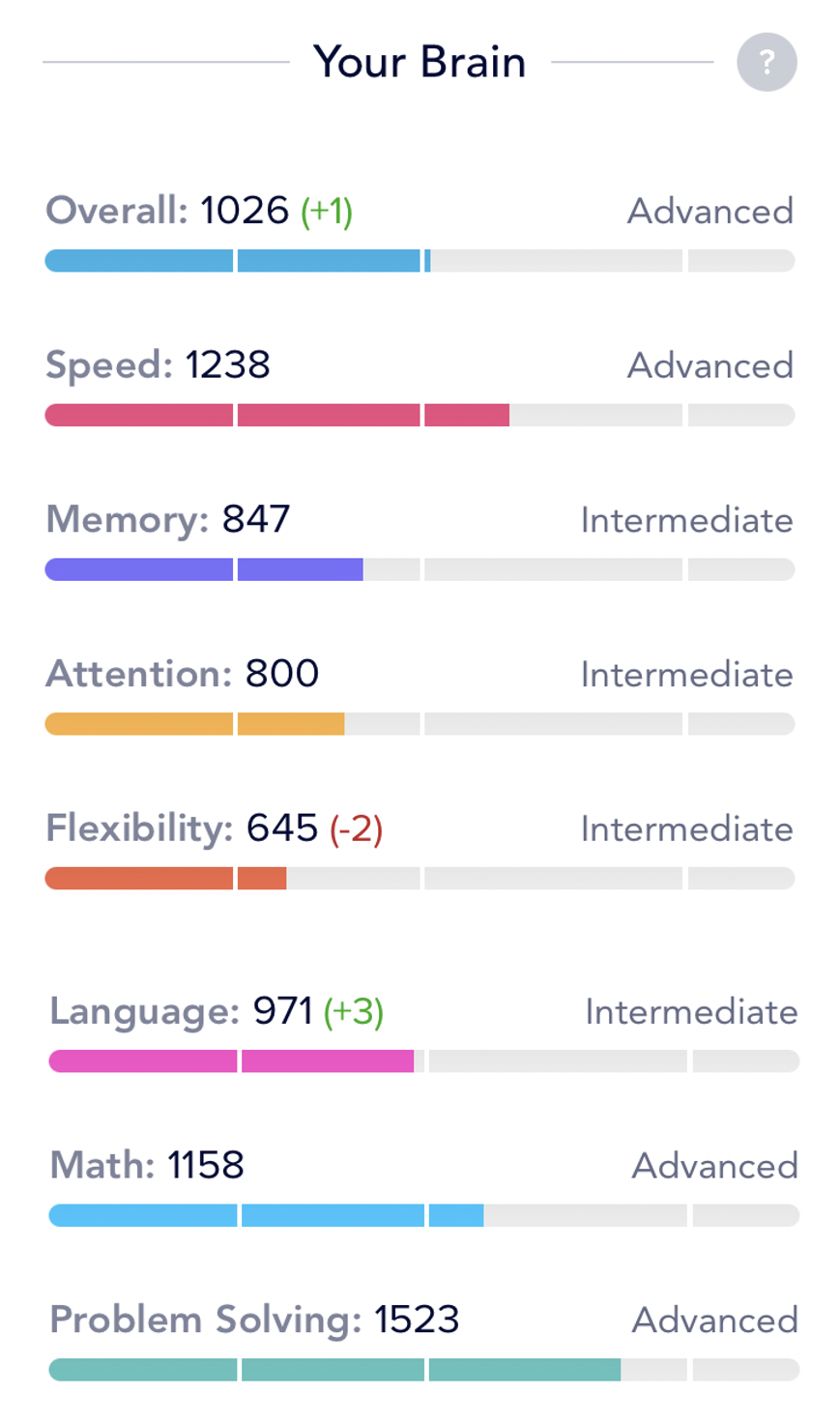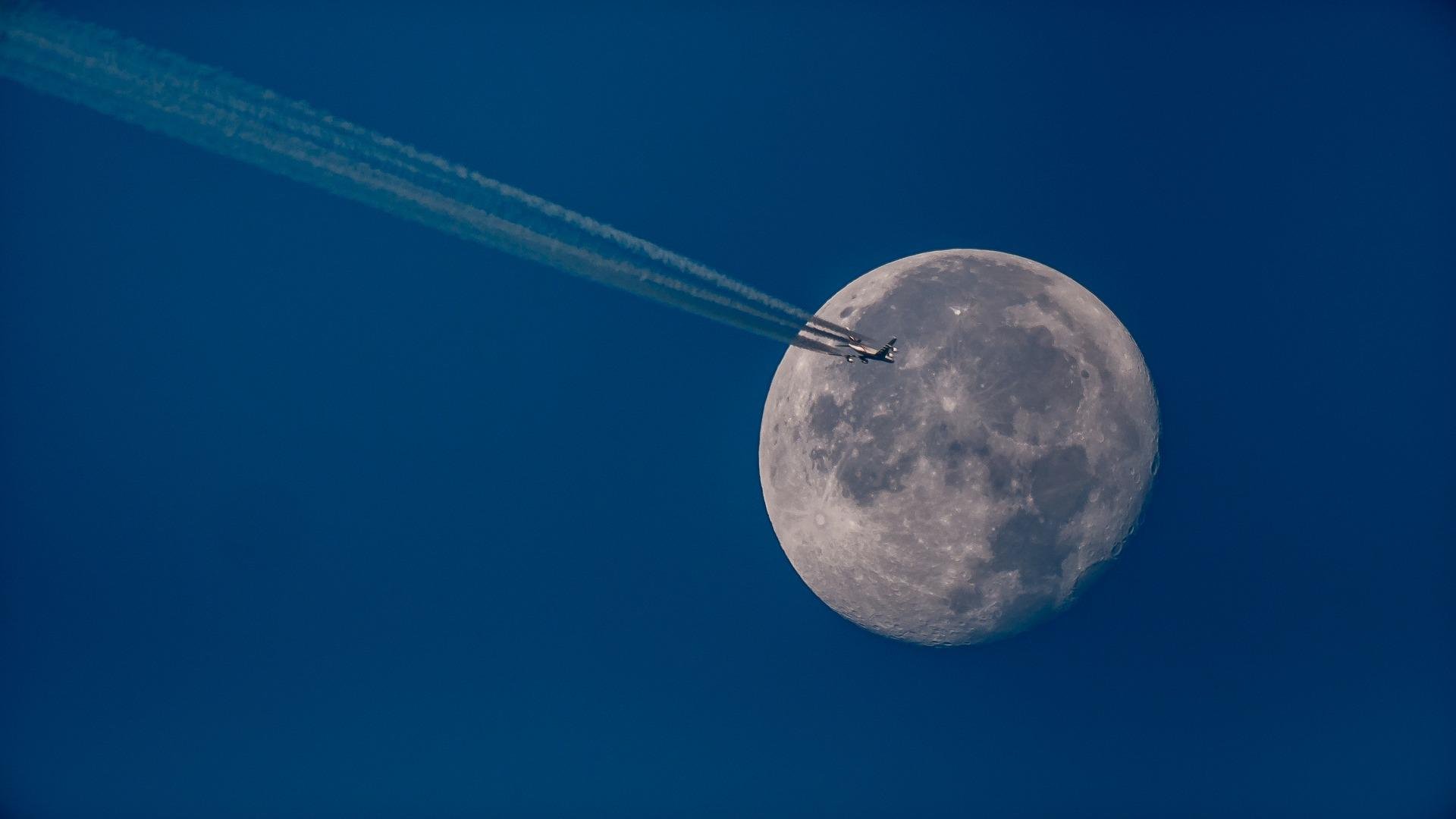Find your blind spots...
“I’m quite easy going”
A dear friend looked at me confused and said, “What are you talking about, you are one of the least easy-going people I know.”
I went on to explain myself with little success and we agreed to disagree.
Many things have happened since then — I shifted from a corporate setting to more of an entrepreneurial one, took on the city experience, became a professional blogger (you can say professional when you get paid), continued to craft my skill as a sales and marketing journeyman… and then a virus decided to make its presence known and changed everything. Like many of us, I hunkered down to ride out the storm, managed a small bubble, and worked hard to keep myself healthy and mentally sharp.
Segue to a small app called MindPal which became my companion to sharpen my mind — various games and puzzles designed to keep the mind challenged and nicely categorized to identify your strengths and those areas for development.
As the pandemic faded into fresh memory, I stopped playing MindPal and eagerly got back into a world that was the same but different — most importantly though, I was in motion again. Recently I picked MindPal for no other reason than to play some games, and in a non-pandemic mindset, intently studied the categories that in effect illustrated what my competencies looked like.
Speed, Memory, Attention, Flexibility, Language, Math and Problem Solving
I was not so much interested in the scores as much as the relative comparisons and was particularly relieved that Problem Solving was the strongest category (for no other reason than it validates my main value proposition). As I moved down the list I landed on flexibility and couldn’t help but smile.
Then, like now, she had been spot on.
Success comes with the ability to leverage your strengths and minimize your weaknesses and this ability creates the alchemy you need to meet any opportunity or challenge that comes your way. Unfortunately, an aspect of the human condition is to focus on our strengths (and those things that come easy to us) and shy away from our weaknesses (that are harder to deal with) — and this is a problem.
Not dealing with your weaknesses, to either turn them into strengths or minimize their impact, will impact the alchemy to drive success. Worse still, not recognizing you have a weakness simply creates a blind spot, and how will you make your way if you can’t see? I appreciate there are two viable strategies when looking at strengths and weaknesses — you could work to optimize your strengths and weaknesses so net-net you are in a good place or leverage your strengths so much that they overshadow your weaknesses and in effect become irrelevant. The merits of each can be debated but either way, you need to know what your weaknesses are and assess if they are impacting your success.
And one more thing.
There is a comfort that comes with our strengths because they come easy and during the pandemic, as I played with my MindPal app, I was reminded of a truism that tends to get dismissed because it is so counter intuitive — Comfort Kills.
We were not built to be too comfortable and are hardwired for challenge — if you don’t challenge your strengths and search out any blind spots (and improve on them), you will slowly find ourselves getting softer, weaker, duller, lazier, and less engaged; until one day you find yourself looking in the mirror asking yourself what happened.
I just gotta figure out the whole easy-going/flexibility thing.
iamgpe


